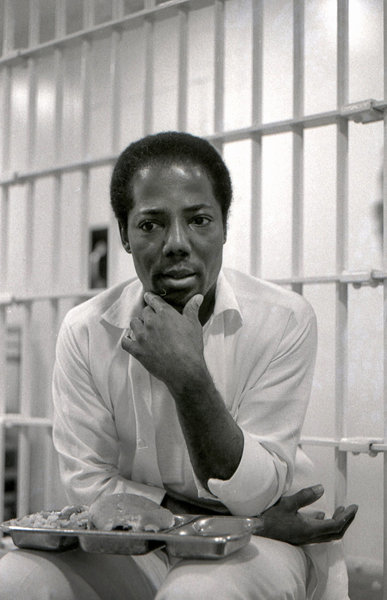The Violation of Universal Declaration of Human Rights Article 10 During Mr. Charles Brooks' Trial
"Everyone is entitled in full equality to a fair and public hearing by an independent and impartial tribunal, in the determination of his rights and obligations and of any criminal charge against him." -Universal Declaration of Human Rights, Article 10
The Universal Declaration of Human Rights was adopted by the United Nations Assembly in 1948, which arose directly from the effects of the second world war. This declaration listed the rights that the assembly believed all humans across the world should be inherent to. However, to this day many cases of human rights violations have been apparent since the day this important document was signed. One example is the trial and execution of Mr. Charles Brooks who was not given the opportunity to the standard legal procedures all citizens of the world are throughout his trial. As stated in Article 10 in the Universal Declaration of Human Rights, “everyone is entitled in full equality to a fair and public hearing by an independent and impartial tribunal, in the determination of his rights and obligations and of any criminal charge against him” (UDHR). In short, Mr. Charles Brooks Jr. was charged and convicted of the kidnapping and murder of a car mechanic and was sentenced to lethal injection. He received his sentence on December 7, 1982, making him the first person in the United States to die from this cause.
Mr. Charles Brook’s trial directly relates to the human rights presented in Article 10 for several reasons. Primary sources of personal letter correspondences as well as a video interview present important evidence of human rights abuses related to unfair legal procedures during the trial of Mr. Charles Brooks. According to Mr. Derek Brooks’ in person interview that took place in February of 2013, Mr. Charles Brooks’ defense attorney never attempted to defend his client. The defense attorney allegedly did not attempt to collect evidence from the witnesses of the murder, which led to an unfair and undefended trial from Mr. Charles Brooks’ side. When Mr. Brooks attempted to appeal for a new and fair trial, as he had the right to according to the UDHR, he was denied several times.
In addition to the recorded interview, a letter written to one of his sons by Mr. Charles Brooks on the 28th of February, 1982 also provides some examples of first hand human rights violations. In this letter, Mr. Brooks writes from the jail library and describes some of the details associated with his trial and hearings. During the time the letter was written he was in the middle of an investigation period regarding whether his trial had any traces of discrimination from selection of “who will be indicated for a capital offence” (Brooks). According to Mr. Brooks and the letter provided, his attorneys had thirty days to research this claim as well as thirty more days before his trial if the researched records show any more discrimination. In the letter Mr. Brooks also states that he had even volunteered to testify to the errors that he felt “were being denied effective assistance of counsel” (Brooks). The details from the letter listed above directly violate the portion of UDHR Article 10 that states that each trial should be by an “impartial tribunal”, meaning that no discrimination can be shown against Mr. Brooks in the courtroom (UDHR). However, as we know from the history of the trial, he was an African American living in a southern state and in the end he did receive a lethal sentence.
An important takeaway from this UDHR article by applying it to the scenario of Mr. Charles Brooks, is that although it is difficult to remain unbiased when a terrible crime has been allegedly committed, a jury must evaluate a given situation independently from their personal beliefs of certain individuals.

